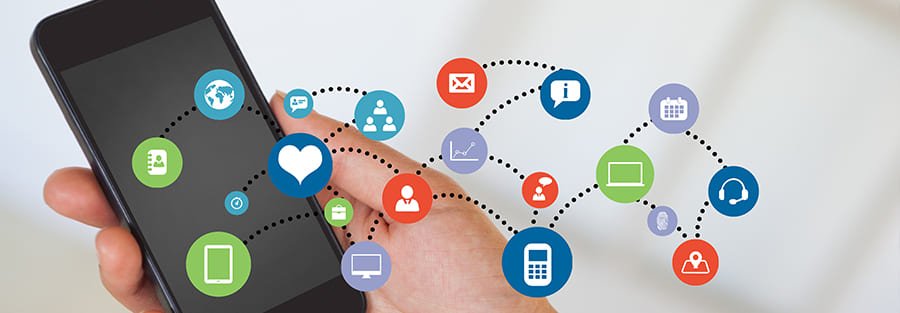Choosing the Right Mobile App Development Methodology: A Comprehensive Guide
In the fast-paced world of mobile app development, choosing the right methodology can be the difference between success and setbacks. Mobile app development methodologies provide a structured approach to managing the entire app development process, from ideation to deployment. In this blog post, we’ll explore the most popular methodologies and help you decide which one is the best fit for your project.
1. Waterfall Methodology: The Waterfall approach is a linear and sequential model that divides the development process into distinct phases: requirements, design, implementation, testing, deployment, and maintenance. It’s best suited for projects with well-defined, stable requirements. However, it may not be ideal for projects requiring flexibility or rapid changes.
2. Agile Methodology: Agile is a highly flexible and iterative approach that divides the project into small, manageable parts known as sprints. It emphasizes collaboration, adaptability, and continuous feedback. Agile is perfect for projects where requirements are likely to change and evolve during development.
“Choose the type of software you’ll be making before you start development. Here is a list of various mobile app development technologies along with details about each.”
3. Scrum Methodology: Scrum is a subset of Agile and focuses on delivering small, functional increments of the app in short iterations, called sprints. It encourages collaboration, regular reviews, and prioritizing tasks based on client feedback. Scrum is ideal for teams looking for a well-structured approach to Agile development.
4. Kanban Methodology: Kanban is another Agile approach that emphasizes visualizing the workflow and limiting work in progress. It’s particularly beneficial for projects with fluctuating priorities and where incremental changes are continuously made.
5. Lean Methodology: Lean development aims to eliminate waste and maximize value for the end user. It encourages the creation of a Minimum Viable Product (MVP) to get the app into users’ hands as quickly as possible. This methodology is perfect for startups and projects with limited resources.
6. Rapid Application Development (RAD): RAD focuses on rapid prototyping and quick feedback loops. It’s ideal for projects with changing requirements and a need for speedy development.
7. DevOps Methodology: DevOps is more of a cultural shift than a methodology. It promotes collaboration between development and IT operations teams, aiming for continuous integration and delivery. It’s a valuable approach for enhancing app deployment and maintenance processes.
8. Hybrid Approach: In some cases, a hybrid approach that combines elements of different methodologies may be the best fit. This allows you to tailor the development process to your project’s unique requirements.
When choosing a mobile app development methodology, consider factors like project size, complexity, budget, and the level of client involvement. Additionally, assess the speed at which changes are expected and the level of adaptability required.
Remember, there’s no one-size-fits-all methodology. What matters most is selecting the approach that aligns best with your specific project’s needs and objectives. Regardless of the methodology you choose, clear communication, collaboration, and regular feedback are key to a successful mobile app development journey.



